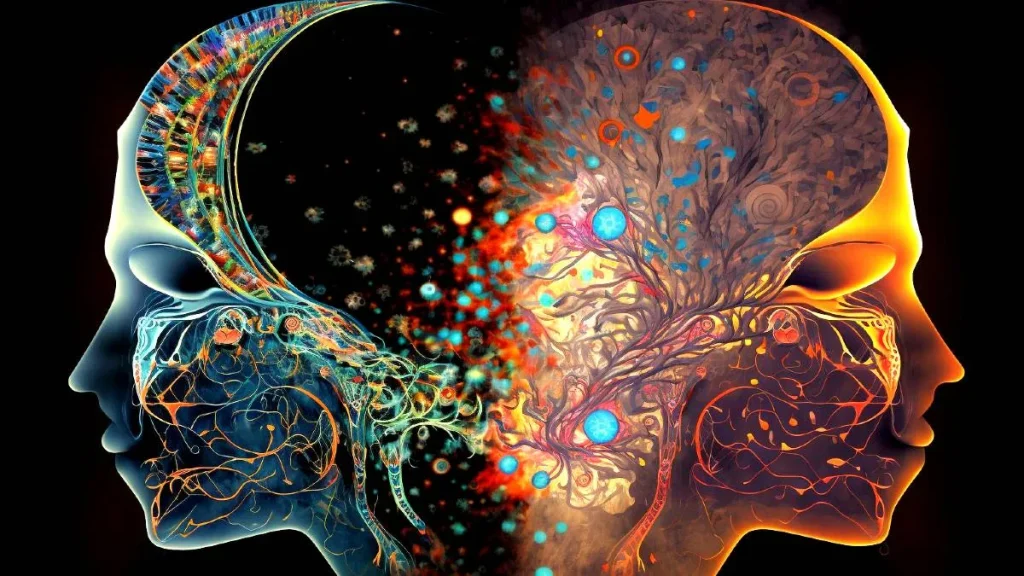The mind-body connection refers to the intricate relationship between mental and emotional states and physical health. This concept underscores how psychological well-being and mental processes can influence physical health and vice versa. Understanding and harnessing this connection can lead to more holistic and effective approaches to health and wellness. This article explores the mind-body connection, its impact on overall health, and ways to cultivate a balanced relationship between mind and body.

The Concept of the Mind-Body Connection
The mind-body connection is based on the idea that mental and emotional states affect physical health and that physical health can impact mental and emotional well-being. This relationship is supported by a growing body of research in psychology, neuroscience, and medicine, which highlights how thoughts, emotions, and stress can influence physiological processes and vice versa.
How the Mind-Body Connection Impacts Health
- Stress and Physical Health: Chronic stress can have detrimental effects on physical health, leading to issues such as high blood pressure, weakened immune function, and increased risk of cardiovascular disease. The body’s stress response triggers the release of stress hormones like cortisol, which can impact various bodily systems.
- Emotional Well-being and Pain Perception: Emotional states, such as anxiety and depression, can influence the perception of pain. Individuals experiencing high levels of stress or emotional distress may report heightened sensitivity to pain and discomfort.
- Mental Attitude and Recovery: A positive mental attitude and optimistic outlook can enhance the body’s ability to recover from illness or injury. Research has shown that individuals with a positive mindset often experience faster recovery times and better health outcomes.
- Mindfulness and Physical Health: Practices like mindfulness and meditation have been shown to improve physical health by reducing stress, lowering blood pressure, and enhancing immune function. These practices promote relaxation and help manage the body’s stress response.
- Gut-Brain Axis: The gut-brain axis represents the bidirectional communication between the gut and the brain. Research has revealed that gut health can influence mental health and vice versa, with conditions like irritable bowel syndrome (IBS) linked to anxiety and depression.
- Exercise and Mental Health: Regular physical activity has been linked to improved mental health, including reduced symptoms of anxiety and depression. Exercise stimulates the release of endorphins and other neurotransmitters that positively affect mood and mental well-being.

Cultivating a Balanced Mind-Body Connection
- Practice Mindfulness and Meditation: Incorporate mindfulness practices and meditation into your daily routine to enhance self-awareness, manage stress, and improve emotional regulation. Techniques such as deep breathing, body scans, and guided meditation can promote relaxation and mental clarity.
- Engage in Regular Physical Activity: Maintain a consistent exercise routine that includes activities you enjoy. Physical exercise not only improves cardiovascular health but also supports mental well-being by reducing stress and boosting mood.
- Adopt a Balanced Diet: Nourish your body with a balanced diet that includes a variety of nutrients. Foods rich in vitamins, minerals, and antioxidants can support brain health and overall physical well-being.
- Get Adequate Sleep: Prioritize quality sleep to support both mental and physical health. Establish a regular sleep schedule, create a relaxing bedtime routine, and ensure your sleep environment is conducive to rest.
- Foster Positive Relationships: Build and maintain supportive relationships with family, friends, and community. Social connections provide emotional support, reduce feelings of isolation, and contribute to overall mental well-being.
- Practice Stress Management: Develop healthy stress management techniques, such as relaxation exercises, hobbies, or time in nature. Finding effective ways to cope with stress can mitigate its impact on both mental and physical health.
- Seek Professional Support: If you’re experiencing challenges with mental health or physical health, seek support from healthcare professionals. Therapists, counselors, and medical practitioners can provide guidance and treatment tailored to your needs.

Conclusion
The mind-body connection is a fundamental aspect of health and well-being, highlighting the interplay between mental and physical states. By understanding and nurturing this connection, individuals can foster a more balanced and holistic approach to health. Incorporating practices that support both mental and physical well-being can lead to enhanced overall health, improved resilience, and a more fulfilling life. Embrace the power of the mind-body connection and explore ways to harmonize your mental and physical health for optimal well-being.


